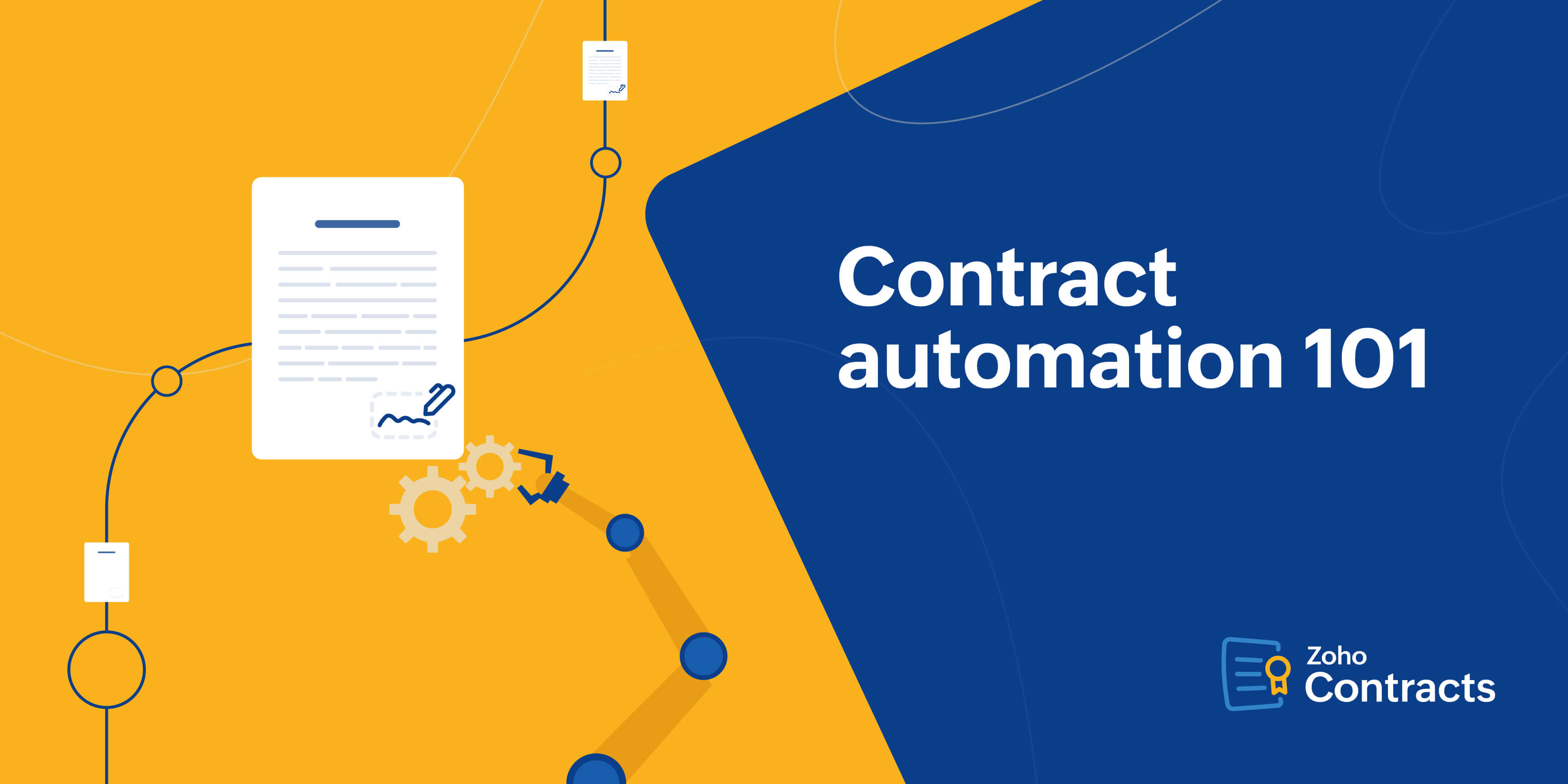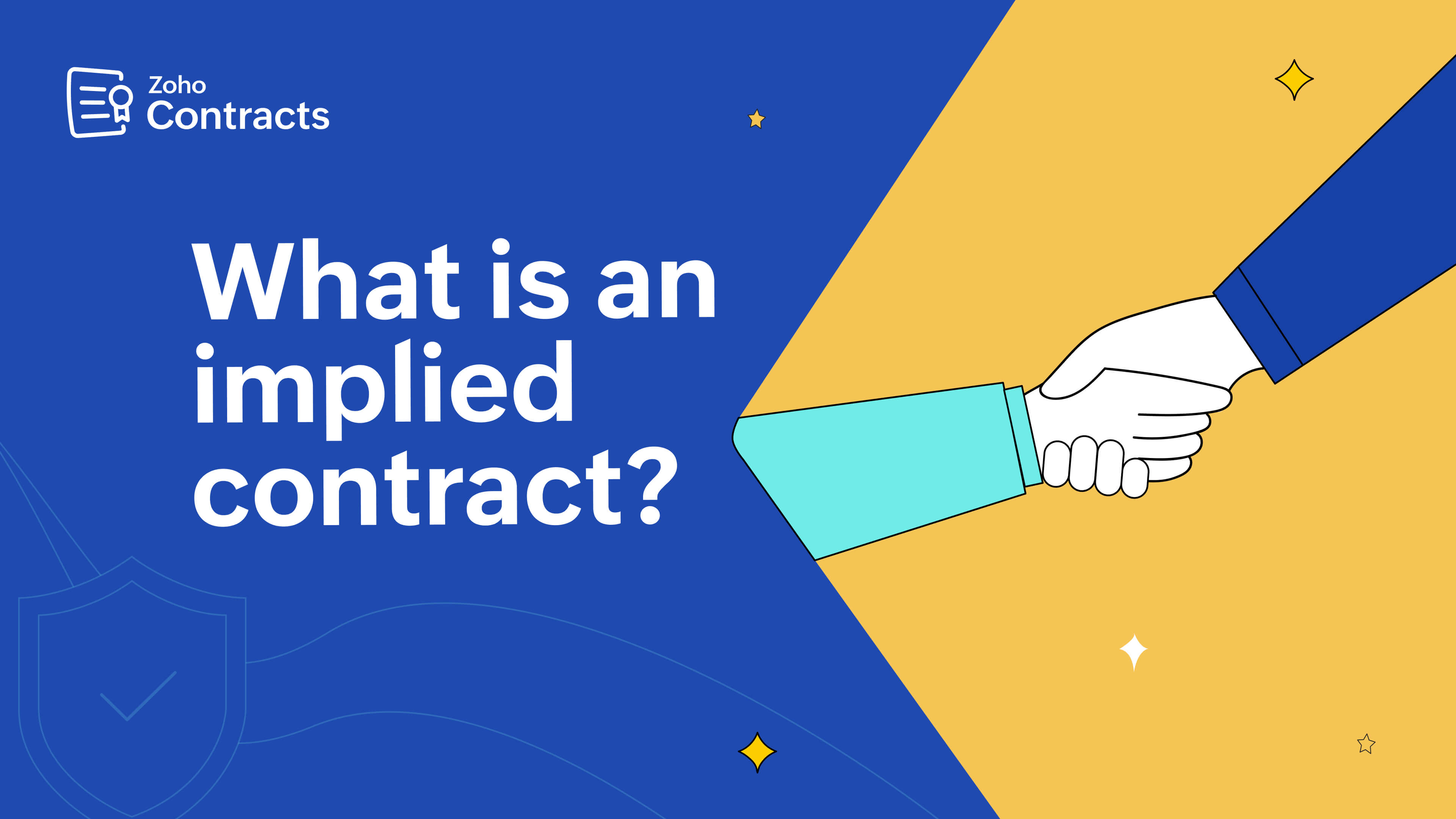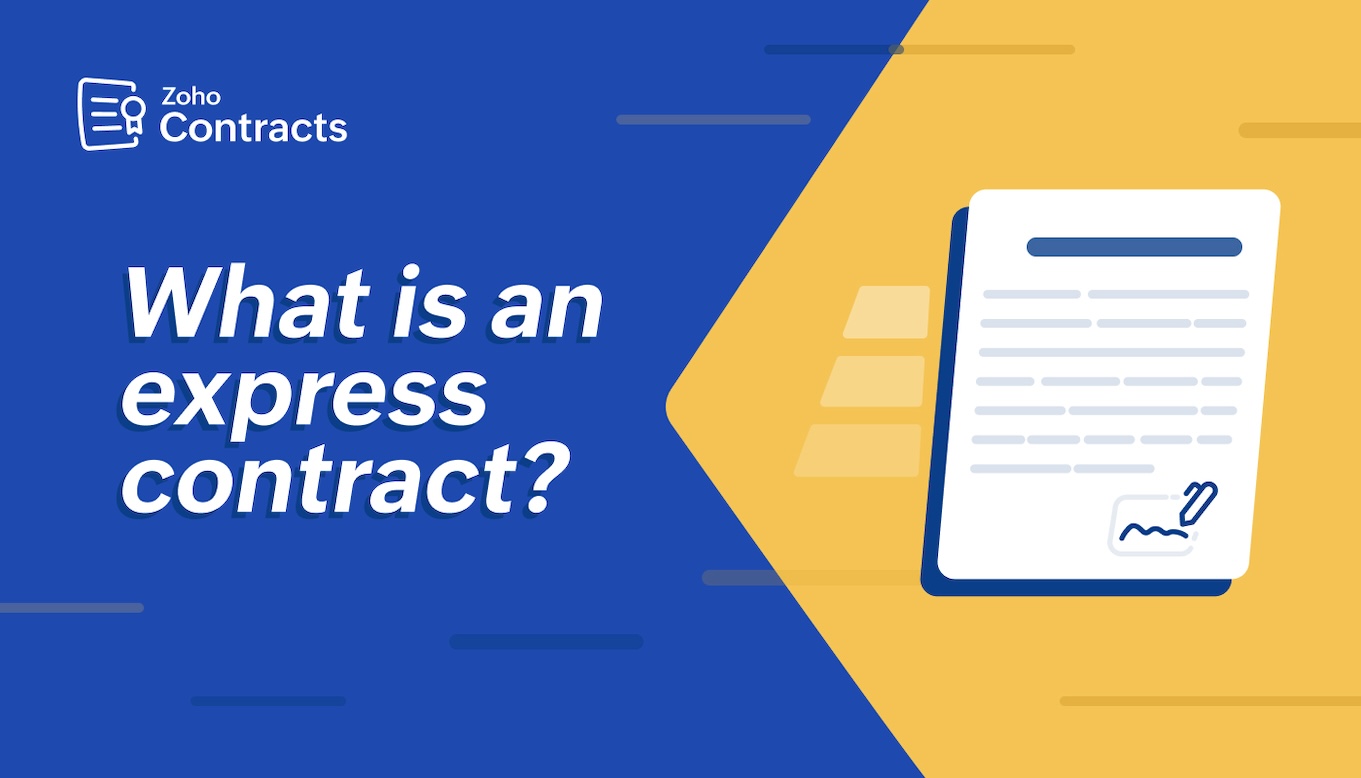- HOME
- Contract Management
- Contract automation: The ultimate guide
Contract automation: The ultimate guide
- Last Updated : August 5, 2024
- 970 Views
- 5 Min Read

What is contract automation?
Contract automation is a structured process that leverages advanced technology or software to streamline processes, automate workflows, and set up reminders for various operational aspects of contract lifecycle management (CLM).
This includes automating key tasks throughout the creation, execution, and post-execution stages of contracts. By automating standard and time-consuming tasks, organizations can improve efficiency, reduce costs, and ensure better risk management in their contracting process.
What is a contract automation software?
Contract automation software is a digital solution designed for businesses to streamline, simplify, and optimize their CLM process. From managing contracts through different stages to completing everyday contract administration tasks, contract automation software introduces simple processes that reduce manual work.
Contract automation software is for all businesses, regardless of size or industry. These digital tools have robust capabilities, such as pre-defined templates, real-time collaboration, customizable workflows, and digital signatures. They also provide a central repository for all contracts, improving visibility and control over the process. Their advanced analytics and reporting features help glean strategic insights from their contract data.
Why do businesses need contract automation to manage their contracts?
In today's fast-paced business environment, where regulations crop up more frequently, and the emphasis on risk and compliance is at an all-time high, modern businesses are adopting contract automation for several reasons. Here's why you should adopt one:
End toggling between multiple applications.
Streamline the end-to-end contract management process.
Stay competitive.
End toggling between multiple applications: Contract automation eliminates toggling between multiple applications with one simple solution for all contract management needs. In the absence of a contract automation tool, businesses typically use the following applications for contract management:
- Word processor: For contract creation or authoring.
- Email application: For internal approvals and external contract negotiations.
- E-signature: For digitally signing contracts.
- Spreadsheet: For storing all metadata about contracts.
- Document management: For storing all contract documents,
- Calendar: For tracking key contract dates and milestones.
Streamline the end-to-end contract management process: Automating standard tasks and configuring workflows help overcome primary challenges associated with the traditional contracting process. Some primary challenges that businesses encounter include:
- Inability to access critical information.
- Lack of visibility and control over counterparty activities.
- Long contract cycle times.
- High operational costs.
- Missed revenue and renewal opportunities.
- Poor compliance.
- Unanticipated risks.
- Lost contracts.
Stay competitive: Apart from operational challenges, various broader factors influence the adoption of contract automation software. This includes:
- Complex supply chain environments.
- Frequent regional or industry-specific regulations.
- Diverse sales models.
- Emphasis on risk mitigation.
- Trends of consolidation.
Contract automation software helps you adapt to change quickly, ensuring you stay abreast of ever-changing market conditions. This agility provides a competitive edge for modern businesses.
What are the key features of contract automation software?
CLM stage | Automation features |
Authoring |
|
Approvals |
|
Negotiation |
|
Execution |
|
Obligation management |
|
Change management |
|
Contract compliance |
|
Contract analytics and reports |
|
Data protection and security |
|
Benefits of contract automation in contract management
Easy contract creation
Modern contract automation solutions automatically generate contracts based on selected templates and details collected for a deal. These solutions also include an advanced document assembly feature that allows users to add or remove clauses from a generated contract document and switch between alternative languages for a clause.
By leveraging the power of templates, clause library, and advanced document assembly, users can quickly draft contracts, regardless of their legal expertise. Additionally, real-time collaboration capabilities facilitate peer review during authoring to minimize errors and reduce review cycle times during internal approvals and negotiations.
Seamless online negotiations
Contract automation solutions enable online negotiations by providing controlled access to counterparties and seamless redlining capabilities. This allows counterparty contacts to collaborate and redline a contract in real-time while recording contract versions across multiple negotiation cycles. The involved parties can compare documents, revert to older versions, and closely monitor all activities. Additionally, contract owners can send reminders and notifications based on the progress of negotiations.
Hassle-free contract executions
Most contract automation tools come bundled with a native e-signature capability. This eliminates the email, print, sign, and fax cycles and helps execute contracts in minutes. Additionally, these tools offer to set signing orders and configure workflows for each contract. This reduces signature delays and promotes smooth onboarding of vendors, employees, clients, and other counterparties.
Effortless change management
In today's dynamic landscape of evolving technologies, regulatory shifts, and geopolitical uncertainties, contract managers often need to modify active contracts. These adjustments include modifying clauses, timelines, or obligations. They’re also required to handle standard changes like contract renewals and extensions.
Contract automation in post-contract execution is essential to keep up with changes and avoid missing renewal opportunities. With smart letter templates and renewal reminders, all contract stakeholders can stay aware of upcoming renewals and any changes made to the contract at any time.
Better obligation management
Unfulfilled contractual obligations are among the most significant risk-causing factors in the contract management process. Overlooking these obligations can lead to legal and financial risks, potentially damaging businesses' reputation.
Contract automation plays a crucial role in the post-execution phase by enabling granular obligation management. With a dedicated module for obligation management, contract owners can assign obligations to specific business owners and track their progress at an individual contract level. By enabling close monitoring and reminders for fulfilling obligations, contract automation helps mitigate business risks.
Improved contract compliance and governance
Implementing the right contract automation software enhances compliance and governance with the following capabilities:
Advanced analytics and reports: Analytical capabilities help businesses glean strategic insights from contract data and your processes. When new regulations crop up or company policies change, clause-based reports help identify contracts that require changes and implement them promptly. Also, general counsels and C-level leadership can derive insights into their commercial relationships and identify new ways to leverage contracts.
Configurable approval workflows: Approval workflows ensure better governance by providing an early opportunity for involved stakeholders to stay aware of all potential risks and opportunities in a contract.
Central audit system: Detailed logs at user and contract levels help contract admins closely monitor all contract activities, enabling better control and accountability.
Centralized contract repository: A single repository for all contracts improves visibility and accessibility.
Automate your contracting journey now with Zoho Contracts.
 Heleena
HeleenaHeleena is a writer based in Chennai, India.


